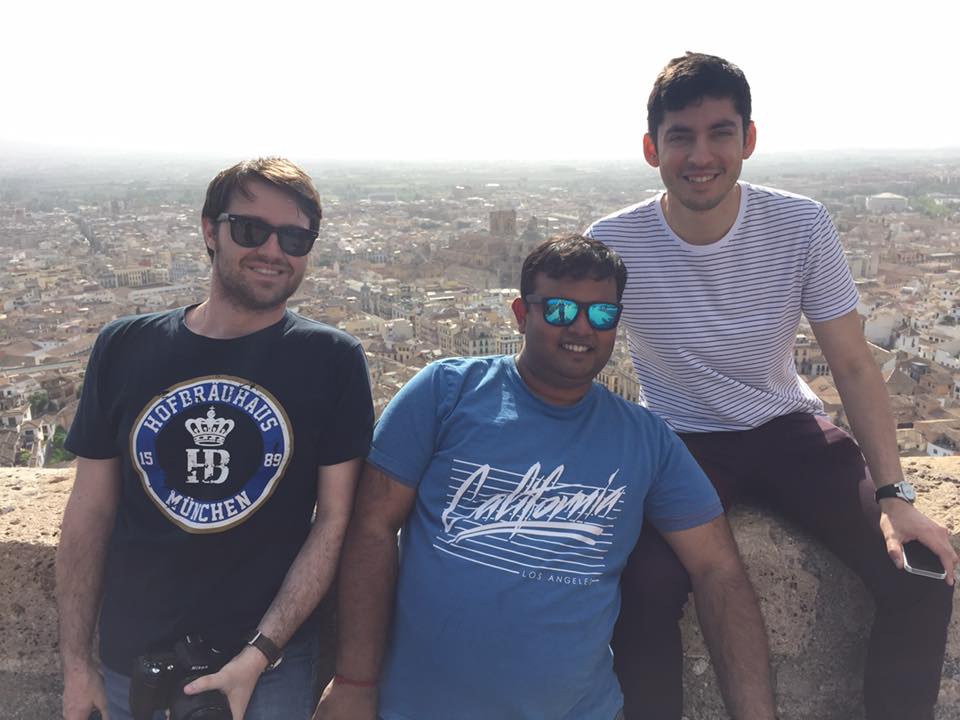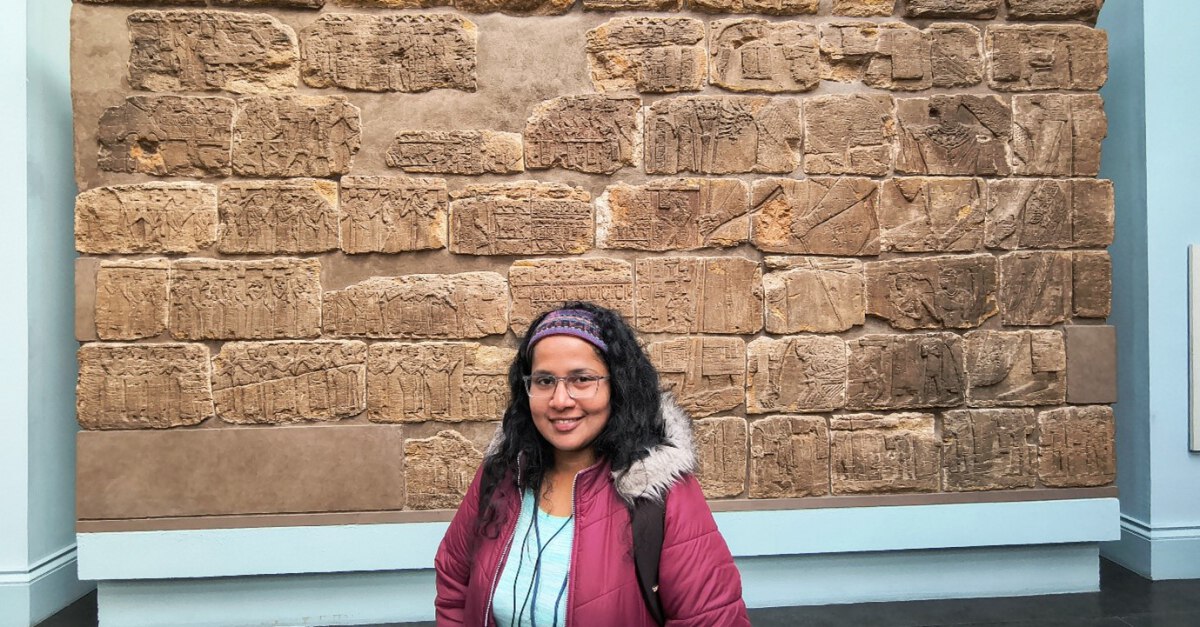Effective cross-cultural management: my week in Granada
23/06/2017

Our first day of our cross-cultural management module started with a language and cultural course. We got to understand what the Spanish culture was all about and the traditions they have like the fiestas and the tomato festival. It was interesting and exciting and bought another dimension to the Spanish culture, particularly for myself, coming from an Asian background.
Seeing the Europeans going about their own traditions and culture was very insightful. I thought this particular class was very interesting in the sense that the teacher actually took the time to explain what each festival was all about and the meanings behind them. Sometimes we celebrate festivals without knowing the meaning behind them so that actually helped us appreciate the culture even more.
The module kicked off discussions about effective cross cultural management in today’s world. We need to think about what culture is all about and what ideas are connected with it.
On the second day, Professor Michael Dickmann began teaching our Effective Cross Cultural Management module. To introduce the module he allowed us to present our different countries. I delivered a talk about Singapore based on three key areas. One of the areas was about what foreign nationals don’t understand about your culture. That allowed me to tell my classmates what expats don’t get about my country. They learnt something new. It was a great opportunity to exchange ideas and we learnt a lot from each other about our home countries (Singapore, Italy, Chile, Britain, and Nigeria).
This mix actually allowed us to understand each other’s cultures and learn more about them. It was quite fascinating for me because sometimes there is a level of ignorance towards finding out what other people’s cultures are all about. This module actually helped me to understand the issues that different cultures are facing.
In the afternoon, we went to Alhambra, the UNESCO World Heritage Site. I have never been to a UNESCO World Heritage Site as beautifully built as this one. I have been to several UNESCO World Heritage Sites but seeing a very Muslim kind of building in Spain was quite remarkable. The visit allowed me to understand how this Muslim influence came into Spain.
The trip has certainly strengthened my relationships with my classmates, particularly because we were able to exchange ideas, learn more about each other’s cultures and to identify the connections between our cultures. We had to complete a group task which was about national culture and the Hofstede and Trompenaars framework of cultural dimensions.
From my own experience, it has definitely enhanced my understanding. You need to appreciate other people’s cultures when you go out into the working world and to work in different environments in the future.
We are always moving around from one place to another so we must be able to change ourselves to suit the environment that we are in and we should actually be open to change and also able to accept cultural differences. You cannot exist within your own four walls so I think this module has certainly prepared me for the kind of environment where I need to be able to understand other people’s cultures and to celebrate the differences. This is very important because if you’re not able to celebrate the differences and also go along with them, it will create a lot of conflict in the future.
I see myself working in different countries in the future so that’s why I picked this module. I think it’s very important for me to develop professionally and to have this cultural intelligence so this module has certainly provided me with the cultural awareness and knowledge that I’ll need to work successfully in the future.
Categories & Tags:
Leave a comment on this post:
You might also like…
From Sri Lanka to Cranfield: How a Commonwealth Scholarship transformed my environmental engineering journey
Hi, I’m Kavithanjali Uthayashangar and I’m here to tell you about my journey into environmental engineering. It began with a simple but powerful motivation: a desire to understand how engineering can ...
Inside the Air Transport Management MSc: Classes, assignments, and group project work
What’s it really like to study Air Transport Management at Cranfield? Adit walks us through a typical day, assignment expectations, and the excitement of hands-on group projects. This is the second of three blog ...
Using Factiva to research a company
If you’re tasked with researching a company, your first port of call might be to search Fame or EBSCO Business Source Complete. Your immediate reaction might not be to look at Factiva. However, for larger ...
How do I write a secondary reference … in the NLM style?
Secondary referencing is used when you’re reading a work which includes a quotation from another author, and you – the researcher – can’t obtain the original source. We always advise, where possible, to try to ...
Reaching new heights: How a Global Excellence Scholarship fuelled my aerospace dreams
Leaving my home in India to pursue an MSc in Aerospace Dynamics at Cranfield University was a leap of faith. Hi, I’m Oliza Kachroo and as an international student, the transition ...
How do I reference…when delivering a presentation?
Just as you cite and reference sources in written work, you should also acknowledge the sources you use or quote in oral presentations. Citing your sources in presentations provides your audience with information about the ...






